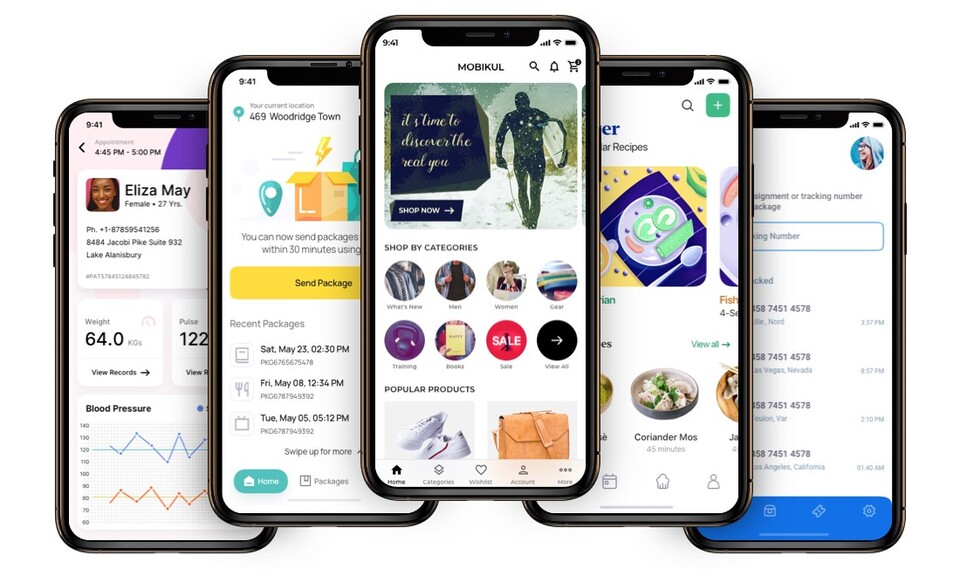Native App Development
Native app development is a specialized approach that focuses on creating mobile applications that are platform-specific, optimized, and closely integrated with the operating system of the target device. By utilizing the native development tools and programming languages of each platform (such as Java or Kotlin for Android and Swift for iOS), native apps deliver unparalleled performance, user experience, and access to device features.
Let's explore the significance and key points of native app development. Native apps are highly performant because they are compiled into machine code specific to the device's architecture. This allows them to run faster and smoother, providing a seamless user experience even for resource-intensive tasks.
- + Performance and Speed
- + Native UI/UX
- + Access to Device Features
- + App Store Optimization
- + Security and Compatibility
- + Offline Functionality


Native App Development: Unleashing the Full Potential of Mobile Platforms.

Native app development allows for the creation of platform-specific user interfaces
that adhere to the design guidelines and user expectations of each platform. This
results in an intuitive and familiar user experience for users of Android and iOS
devices.
Native apps have direct access to the device's hardware and features,
such as the camera, GPS, accelerometer, and more. This enables the development of
feature-rich applications that leverage the full potential of the device.
Native apps are designed for specific app stores (Google Play for Android and the
Apple App Store for iOS), which allows for better app store optimization. This
optimization can result in higher visibility, more downloads, and better overall
performance.
Native app development ensures a higher level of security as
developers can utilize the latest security features and encryption algorithms
provided by the platforms. Additionally, native apps are fully compatible with the
latest OS updates, ensuring a seamless user experience.

FAQs of Native App Development
Native app development is the process of creating mobile applications specifically for a particular operating system (e.g., Android or iOS) using the platform's native programming languages and development tools.
For Android app development, Java and Kotlin are the main programming languages. For iOS app development, Swift and Objective-C are the primary programming languages.
Some advantages of native app development include:
1: Superior performance and speed.
2: Access to device features and hardware.
3: Native user interface (UI) and user experience (UX)
design.
4: Seamless integration with the platform's ecosystem.
5: Better app store optimization and discoverability.
No, native apps are platform-specific. An app developed for Android will not run on iOS, and vice versa. To target multiple platforms, separate native apps need to be developed.
The choice between native and cross-platform development depends on project requirements, budget, and target audience. Native apps offer better performance and platform-specific design, but cross-platform development can be more cost-effective and quicker to deploy across multiple platforms.











